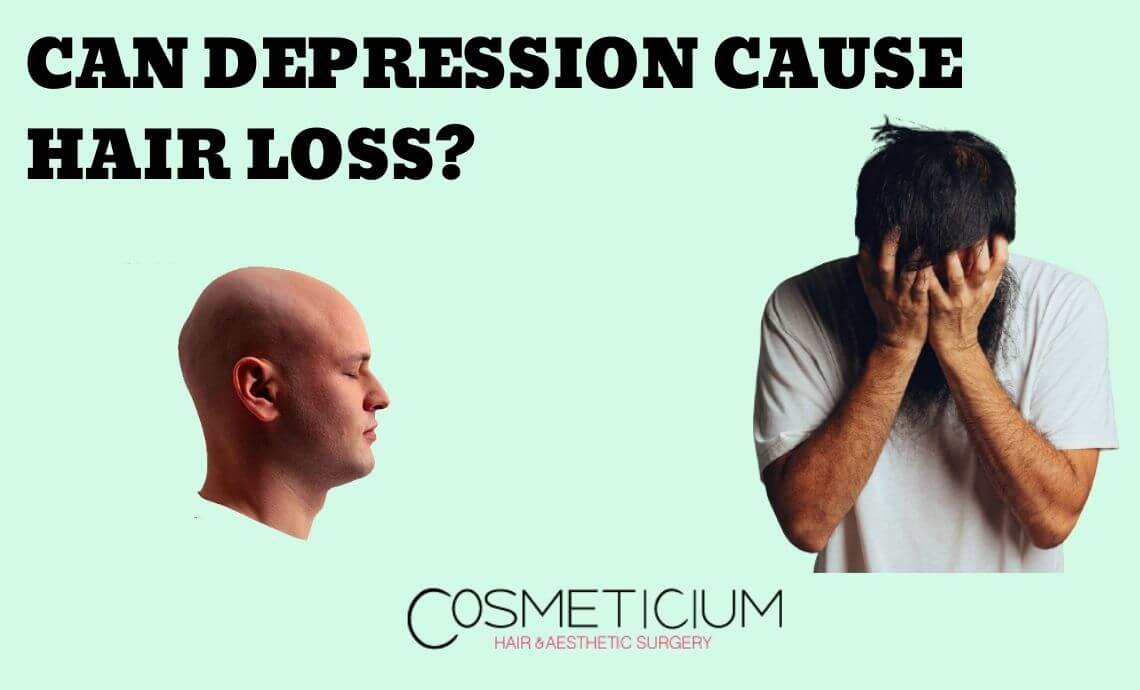Depression stands out as a disease that affects human health in various ways. It initially appears as simple stress or anxiety, but over time it may become a very serious problem. Sometimes it can even cause deterioration of the general health condition. So, is depression associated with hair loss? Do people with depression experience thinning and loss in their hair? Details and solutions are in our article.
Table of Contents
How Do You Know You Have Hair Loss?
A person with healthy hair has an average of 100,000 hair follicles. Each of these hair follicles can produce a different number of hair strands at the same time. Some may produce one hair strand, while others may produce up to four.
Losing 50-100 of the hair strands on the scalp in a day is considered to be normal. However, if the amount of hair lost is more than 100, this means a significant problem that needs to be taken into account. It is necessary to see a specialist dermatologist determine the cause of the problem.
When you go to the dermatologist, a detailed examination is done. The data obtained from this examination are evaluated together with your medical history. If necessary, even a biopsy of the scalp can be performed. As a result of all these, the cause of hair loss is determined and the necessary treatment is started right away.
Hair Loss Originating from Depression
Depression triggers the problem of hair loss. According to many experts, one of the reflections of struggling against depression is hair loss. Besides, antidepressants used for the treatment of depression can also cause hair loss.
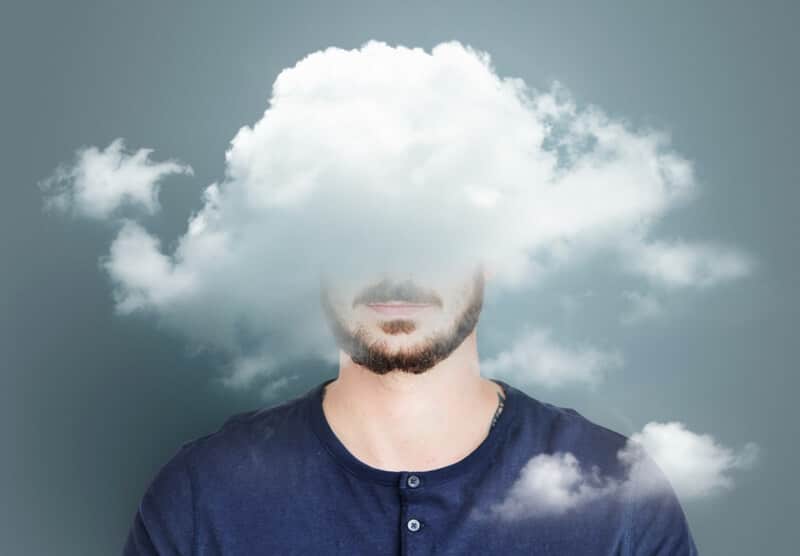
Depression can cause intense stress and fatigue in the body. Hair loss may occur even if medication is not used in this period. In other words, one does not need to use medication for depression hair loss. It can also be seen in those who do not use medication.
Those who are under depression cannot pay attention to their diet. In this period, they usually tend to have an unhealthy diet. In the end, hair follicles cannot be fed properly and as a result, loss occurs.
How to Fight Depression Hair Loss?
There is a fight with depression based on fighting with depression hair loss. You must first focus on decreasing your anxiety level and take active steps for this. You must be examined by specialist physicians for treatment and ensure that the determined treatment process continues without interruption.
When the positive effects of the treatment are seen, your hair may start to grow on its own. Then you should determine a healthy diet and take care to get the nutrients necessary for your hair.
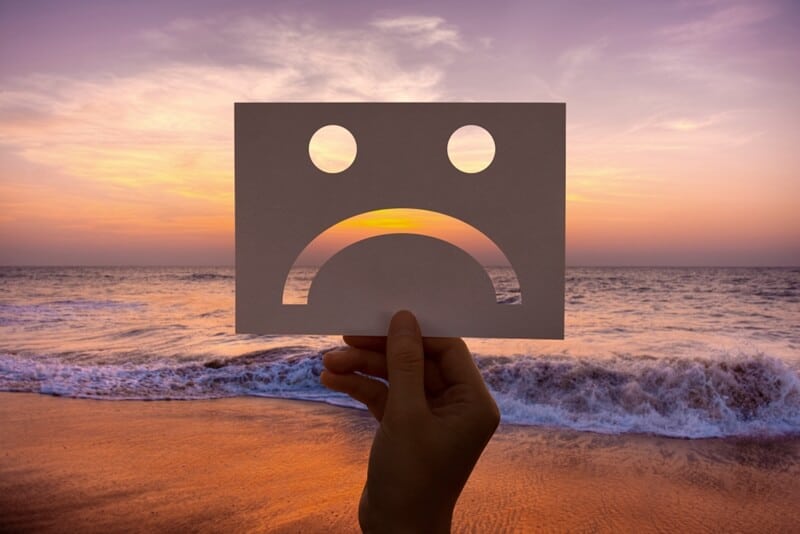
For the re-growth of the hair lost as a result of depression hair loss, you need to be a little patient. After all, hair has a unique growth cycle and it can take months for the hair to regrow. Therefore, you shouldn’t forget that it will take some time for your hair to return to its original state.
Read Also: Can My Hair Grow Back After Hair Loss?
Hair Loss Due to Stress and Anxiety
Many people may not know, but anxiety and stress are among the causes of hair loss. However, loss due to these reasons is usually temporary. Hair grows back after the stress disappears. In this period, getting the level of stress and anxiety under control is very important to overcome the problem in a shorter time.
There are three different types of hair loss due to stress:
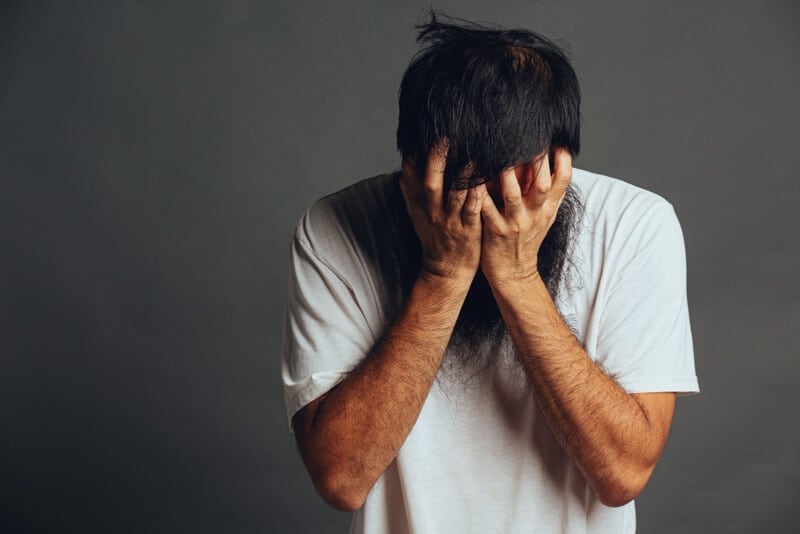
-
Alopecia Areata
Although alopecia areata is an autoimmune disease, it is thought that stress and anxiety are among the causes of its occurrence. In this condition, small round bald patches occur in some areas of the scalp. These bald areas can occur not only on the scalp but also on different parts of the body. There is no definitive solution for alopecia areata. However, some medications enable about half of those who have this problem to regain their hair.
-
Trichotillomania
This condition is known as a hair-pulling disorder. As the name suggests, people with the disease have an urge to pull their hair and this cannot be prevented. It is thought that the person pulls their hair out in response to the stress and anxiety they have experienced. When the hair is plucked, the tension of the person is significantly reduced.
-
Telogen Effluvium
Telogen effluvium, another type of depression hair loss, is the hair loss experienced after a shocking and traumatic event. This non-hereditary condition can occur at any age. Hair loss due to telogen effluvium can heal on its own without the need for any treatment.
Read Also: Causes of and Treatment Methods for Alopecia in Men
Tips to Stop Hair Loss
You can take some small measures to stop hair loss and support the treatment applied. Here’s what you need to do:
- Focus on controlling your stress and anxiety for depression hair loss. You can do regular exercise for this.
- Be careful and gentle when washing, drying and styling your hair.
- Determine a healthy diet program.
- Don’t stay at home and spend time with people who make you feel good.
- Use relaxation techniques such as deep breathing, meditation, and yoga.
- Do not hesitate to seek professional support.
Hair Loss Treatments
There are different treatments to be applied for hair loss. These are treatments that give effective results depending on the type of hair loss and can make hair regrow in a short time. The details of these treatments, which are also applied in depression hair loss types, are as follows:
-
Minoxidil
Minoxidil is a medicine in the form of lotion applied to the hair twice a day. It expands the blood vessels in the area applied and thus increases the amount of blood coming to the scalp. The increase in the general blood amount causes an increase in the nutrients coming to the hair follicles. Thanks to this situation, the loss is significantly reduced.
Minoxidil works by expanding the blood vessels. However, there are also opinions that it also stimulates keratinocytes, which are responsible for hair growth. This function ensures that the roots are stimulated for production. It is important to use it with the advice of your doctor to see the maximum benefit.
-
PRP (Platelet Rich Plasma)
PRP is enriched plasma with cytokines, leukocytes, and growth factors. It has been used in different fields in America, Europe, and Far East countries for many years. There is also hair loss among the areas of use.
Obtained from the patient’s blood, PRP is a treatment that effectively removes loss and thinning. It strengthens the hair and makes them more resistant to falling.
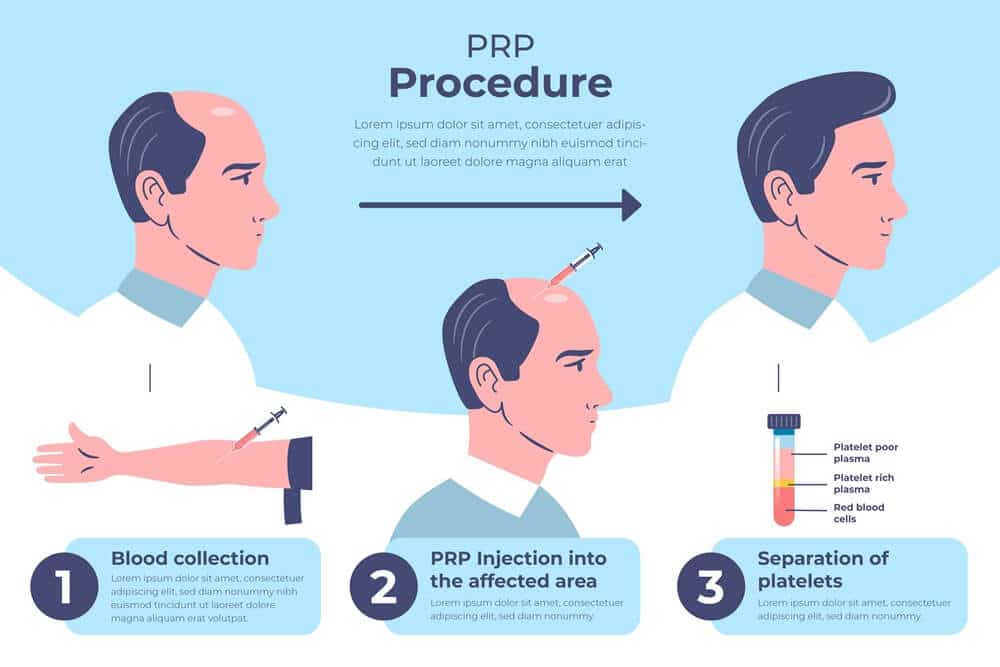
Read Also: How Fast Does PRP Treatment Give Results?
-
Hair Transplantation
Hair transplantation is one of the treatments used in cases of depression hair loss or loss due to other reasons. In cases where the hair follicle is not active, other treatments can’t give results. In such cases, hair transplantation is preferred for a permanent solution.
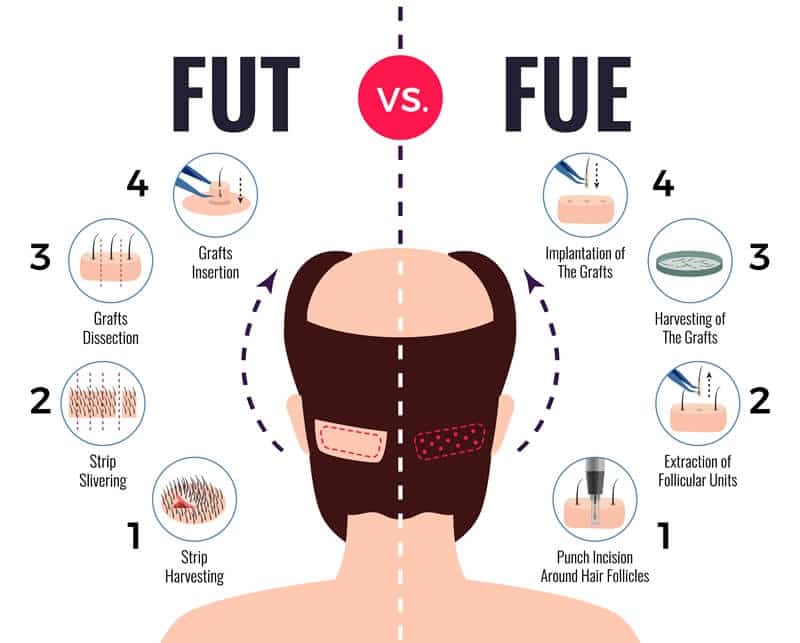
Hair transplantation is determined tailor-made. Transplantation is performed taking into account the natural hair type. Hair follicles that are resistant to falling and located on the neck and side areas are collected and transferred to the bald area. Thus, the lost hair is regained.
CONCLUSION
Depression is a condition that adversely affects human health from different angles. Depression hair loss is also a cause of this condition. It can occur in cases of stress and anxiety above a certain level. It disappears with the reduction of stress and anxiety. Besides, the loss can be reversed with different treatments.

Depression hair loss or different types of hair loss are treatable disorders today. Specialist surgeons at Cosmeticium clinic are very experienced in the treatments of hair loss and weakness. We use for you our expertise and experience in hair transplantation and other treatments and ensure that your expectations are met in the best way possible. You can contact us to get more detailed information about the subject from our specialist doctors.
Fill In The Form Below To Get Answers To All Your Questions About Depression Hair Loss From Our Doctors Within Hours. (FREE)

